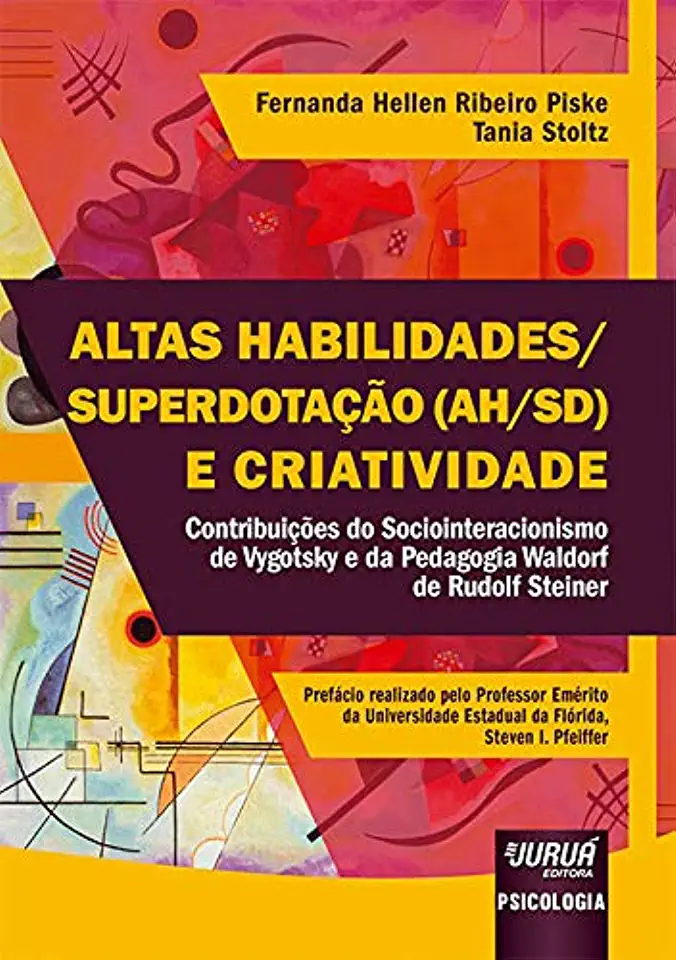
The Waldorf Pedagogy - Rudolf Steiner
The Waldorf Pedagogy: A Comprehensive Guide to Rudolf Steiner's Educational Philosophy
In the realm of education, few approaches have garnered as much attention and admiration as the Waldorf pedagogy, pioneered by the visionary philosopher and educator Rudolf Steiner. This comprehensive guide delves into the depths of Steiner's educational philosophy, offering a profound understanding of its principles, practices, and transformative impact on children's development.
Unlocking the Potential of Childhood
The Waldorf pedagogy is rooted in the belief that childhood is a sacred time, a period of immense potential and boundless creativity. Steiner recognized that children are not merely miniature adults but unique individuals with distinct developmental needs. His approach emphasizes nurturing the whole child, fostering intellectual, emotional, physical, and spiritual growth in harmony.
A Holistic Approach to Education
At the heart of the Waldorf pedagogy lies a holistic approach to education. This philosophy views the child as an integrated being, where cognitive development is intertwined with artistic expression, practical skills, and social interaction. Waldorf schools strive to create a nurturing environment that encourages children to explore their interests, develop their talents, and discover their true selves.
The Rhythms of Learning
Steiner's insights into child development led him to develop a curriculum that mirrors the natural rhythms of childhood. The Waldorf curriculum is divided into three distinct stages, each tailored to the specific developmental needs of children at different ages. This approach ensures that learning is engaging, meaningful, and aligned with the child's natural growth patterns.
The Power of Imagination
One of the hallmarks of the Waldorf pedagogy is its emphasis on imagination and creativity. Steiner believed that imagination is a vital force in children's development, fostering critical thinking, problem-solving skills, and emotional intelligence. Waldorf schools incorporate art, music, movement, and storytelling into the curriculum, providing children with ample opportunities to express themselves creatively and explore their inner worlds.
Nurturing Social and Emotional Development
The Waldorf pedagogy recognizes the importance of social and emotional development alongside academic achievement. Waldorf schools cultivate a sense of community, where children learn to collaborate, empathize, and respect others. Through regular group activities, cooperative learning, and social interactions, children develop essential life skills that prepare them for success in the world beyond school.
The Role of the Teacher
In the Waldorf approach, the teacher plays a pivotal role as a guide and mentor. Waldorf teachers undergo specialized training to understand child development and Steiner's educational philosophy. They strive to create a nurturing and inspiring learning environment, fostering a deep connection with each child and supporting their individual growth.
The Waldorf Pedagogy in Action
The Waldorf pedagogy has been implemented in schools worldwide, with remarkable results. Graduates of Waldorf schools demonstrate exceptional academic achievements, strong social skills, and a deep appreciation for the arts and creativity. They are well-rounded individuals who possess a lifelong love of learning and a commitment to making a positive impact on the world.
Embark on a Transformative Educational Journey
The Waldorf pedagogy offers a unique and transformative approach to education, one that nurtures the whole child and prepares them for a fulfilling life. If you seek an educational philosophy that values creativity, imagination, and the holistic development of your child, then the Waldorf pedagogy is an invaluable resource. Embrace the wisdom of Rudolf Steiner and embark on a journey of discovery, unlocking the boundless potential of your child's education.
Enjoyed the summary? Discover all the details and take your reading to the next level — [click here to view the book on Amazon!]